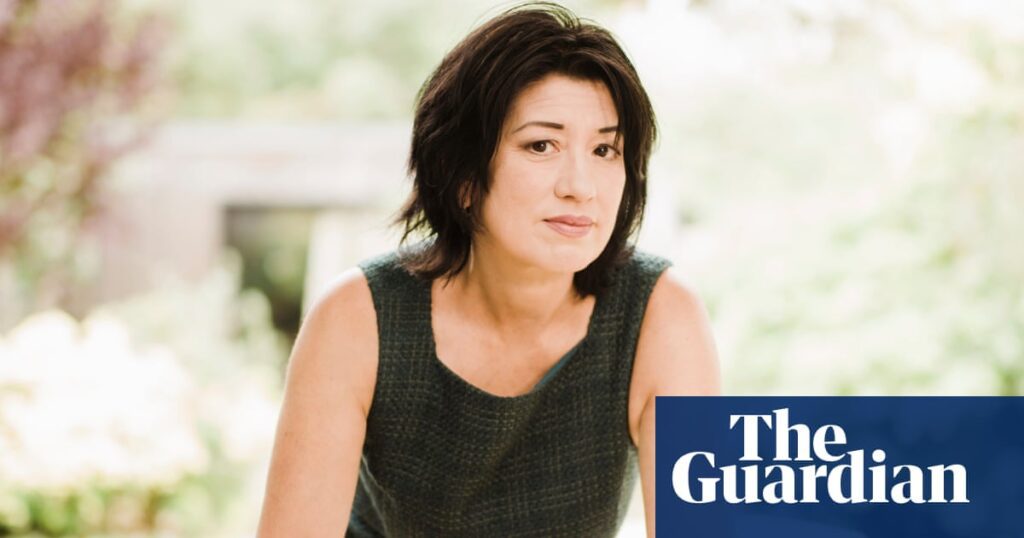
Gia Margaret
The voice is a singer’s portal into an audience’s heart. It can inspire recognition, empathy, the feeling that you aren’t alone in your sadness or joy. “The listener’s inner body is illuminated, opened up: a singer doesn’t expose her own throat, she exposes the listener’s interior,” the poet and critic Wayne Koestenbaum wrote in his book The Queen’s Throat. So how does a singer communicate when their voice suddenly vanishes?
This was the predicament facing the dream-folk songwriter Gia Margaret after her voice disappeared while touring her 2018 debut, There’s Always Glimmer. As she recuperated at home in Chicago, Margaret took to puttering around on a synthesizer, building loops of glowing, meditative tones. These ambient experiments form the basis of her second record, a collection of 11 gentle songs titled Mia Gargaret.
On There’s Always Glimmer, Margaret invoked nature in words, through images of mist and moons spilling through windows, embers burning, stones sinking into water. Without her usual tools of communication, she turns to field recordings to expand her world: Church bells, footsteps, and bird calls are sprinkled throughout. Pensive opener “Apathy” ends with a clip of her vocal exercises, with a therapist cheerily encouraging Margaret to feel “free in your body and let things come out the way they want.” After several songs of dissonant synths, “Lakes” pairs samples of crashing waves against the delicate pickings of an acoustic guitar.
Early on “barely there,” Margaret uses her own speaking voice—marking its first significant appearance on the album—to reflect on anxiety. “Do you ever feel like you’re living your life but you’re also barely there?” she asks. “The conversations you can’t remember because when you had them your mind was just trying to make it to the next sentence.” Mia Gargaret’s patient pace and contemplative tone encapsulate these questions of existence, dissociation, and introspection. The aptly titled “sadballad” pairs a melancholic piano melody with elongated synth notes. Suspended in a state of calming lethargy, “3 movements” nods to Margaret’s classical piano training.
“Body” samples a lecture titled “Overcome Social Anxiety” by the British philosopher Alan Watts, whose work also inspired Buchla wizard Kaitlyn Aurelia Smith on her 2017 record The Kid. “‘My body is a burden to me.’ To whom? To whom? That’s the question,” Watts says over Margaret’s twinkling synthesizer. “When there is no body left for whom the body can be a burden, then the body isn’t a burden. But so long as you fight it, it is.” On the final track, “lesson,” Margaret’s singing voice materializes for the first and only time. Featuring contributions from Oakland singer-songwriter Stephen Steinbrink, “lesson” harks back to Margaret’s debut while pointing to a new future that incorporates the lessons learned on Mia Gargaret. The song both suggests the healing of her vocal cords and seems to confirm Watts’ words: When given time to rest and regenerate, the body is capable of small wonders.




